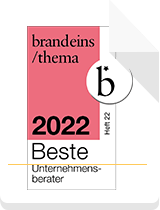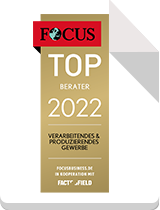-
Services
- PROTEMA Consulting
- PROTEMA Engineering
- PROTEMA Operations
- PROTEMA Transformation
- PROTEMA Focus Topics
- Industries
- References
- Corporate Group
Green Logistics and Emissions in Logistics Networks
Economic and ecological analysis and optimization of your logistics network
In addition to efficiency and cost considerations, logistics network planning is increasingly focusing on another aspect – green logistics. In times of climate change and emissions trading, environmentally friendly and resource-saving logistics concepts and solutions are in high demand.
Some of this demand comes from the government and society at large, while many companies have already committed to environmental targets in the context of corporate social responsibility (CSR). They have recognized that resource-saving approaches give them a competitive edge in terms of sales and do not necessarily have to have a negative impact on costs.
In a globalized competitive environment, international logistics networks and worldwide customer-supplier relationships tend to be the rule rather than the exception. This trend has consequences for logistics costs as well as for lifecycle assessments. Longer transport routes use up more resources (e. g. fuel) and produce more pollution (e. g. carbon dioxide, nitrogen oxides or noise). Against this backdrop, green logistics can help to optimize costs.
In practice, identifying the potential for optimization often proves to be a challenge. Companies frequently find themselves confronted with the problem of how to quantify effects on the environment. Providing transparency in terms of the current situation and deriving quantified objectives are similarly challenging.
Would you like to influence your corporate image for the better and make your logistics systems more cost-effective? Talk to us. Reap the benefits of our experience in evaluating, optimizing and planning logistics networks from the perspective of green logistics.
Green Logistics and Emissions in Logistics Networks
Five-step model to describe the logistics planning process for the systematic design of sustainable logistics systems

Benefit from our expertise in green logistics
From our many years of project experience, we know what is important in green logistics and in reducing emissions in logistics networks. Our experts support you in the following areas, among others:
As-Is Analysis and Carbon Footprint
Design of Sustainable Logistics Systems
Resource Efficiency Improvement
Design of Sustainability Management
Analysis via Green Balanced Scorecard








